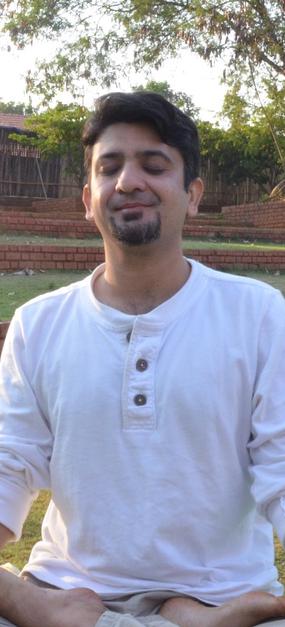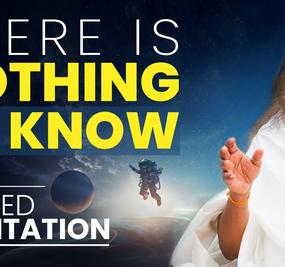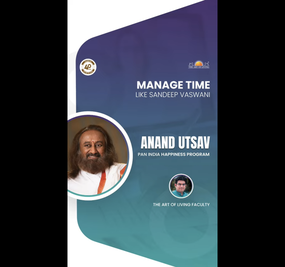All of us, consciously or subconsciously, nurture certain beliefs that can make or break our mental health. Positive beliefs help us look at life, people, and problems with a healthier attitude. The not-so-good-ones dwindle our hopes and self-esteem and nurture many negative emotions. Here are some common beliefs worth breaking up with for good mental health.
My Self-worth Depends on People’s Opinions of me
People’s opinions keep changing. Your opinion about yourself also changes. Linking your self-worth to those opinions is like linking it to the changing weather. You are damaging your self-esteem with your own beliefs. You should determine your self-worth by your failures and successes. Meditate to nurture a healthier perspective and access your inner source of strength.
I Always Need to be Happy
Gurudev Sri Sri Ravi Shankar says, “Drop the ‘always’, and happiness will be possible.” The truth is that happiness and sorrow are fickle emotions. We hold unrealistic expectations from them that lead us to more unhappiness. We find ourselves attached to our happiness and refuse to leave our comfort zone. And the space outside the comfort zone is where real growth happens.
Success is Getting What I Want
Our desires don’t always get fulfilled. I am sure, in hindsight, you are happy that some of your desires did not shape up at all. True success is having courage that does not diminish in the face of adversity. The days you have a lasting smile should be considered successful days. The day you are confident is the day you are successful. An achievement in life that is devoid of happiness may not be a success.
I Should be Perfect
The drive to be perfect makes us imperfect. Perfectionists are unhappy people. They can’t handle imperfections in others. The perfect cannot tolerate being imperfect. It becomes a noose around their necks. They keep getting angry. Anger is a punishment that they give themselves for others’ mistakes. Anger raises their sugar and stress levels and blood pressure. Getting annoyed doesn’t change things. We must see a situation from a broader perspective and deal with it skillfully.
Everything Should Happen According to Plan

It is good to have goals and to work towards them. But we must also remember that life is unpredictable. Flexibility around plans can help you keep your emotions stable and be more resilient in your endeavours. There is no point in compromising on other valuable aspects of your life for a plan. You can always have a plan B, C, D, etc. Look at the bigger picture. Know that everything has its own time. Put in your efforts and be patient with the results.
Fulfilling Desires is the Road to Happiness.
In reality, every desire leads us to frustration. When we fulfil one desire, it stops being interesting to our minds. We then begin to look for the next desire to fulfil. When a desire is unfulfilled, we are visibly frustrated. So, the real key to happiness is not to get stuck in one’s desires or material gains. “Dedicate your life to some larger goal or the service of others around you. Then, you will find that only happiness flows through your life. Remember that a supreme power is taking care of you. When you have such faith, then you can be happy,” says Gurudev Sri Sri Ravi Shankar.
A Disagreement Signals that Something is Wrong
When we disagree with someone, we often label them as bad or wrong. But the truth is that we just have different perspectives on the same situation. Gurudev says, “Different perceptions are bound to be and should be there. The different viewpoints make life much richer when you recognize the underlying current of well-being and belongingness.” Arguments should be welcome. Doing so you end up in a humorous situation. Arguments should end in humour, not sadness and frustration. Intelligent people know how to argue and eventually snap out of it.
Based on talks of Gurudev Sri Sri Ravi Shankar




















